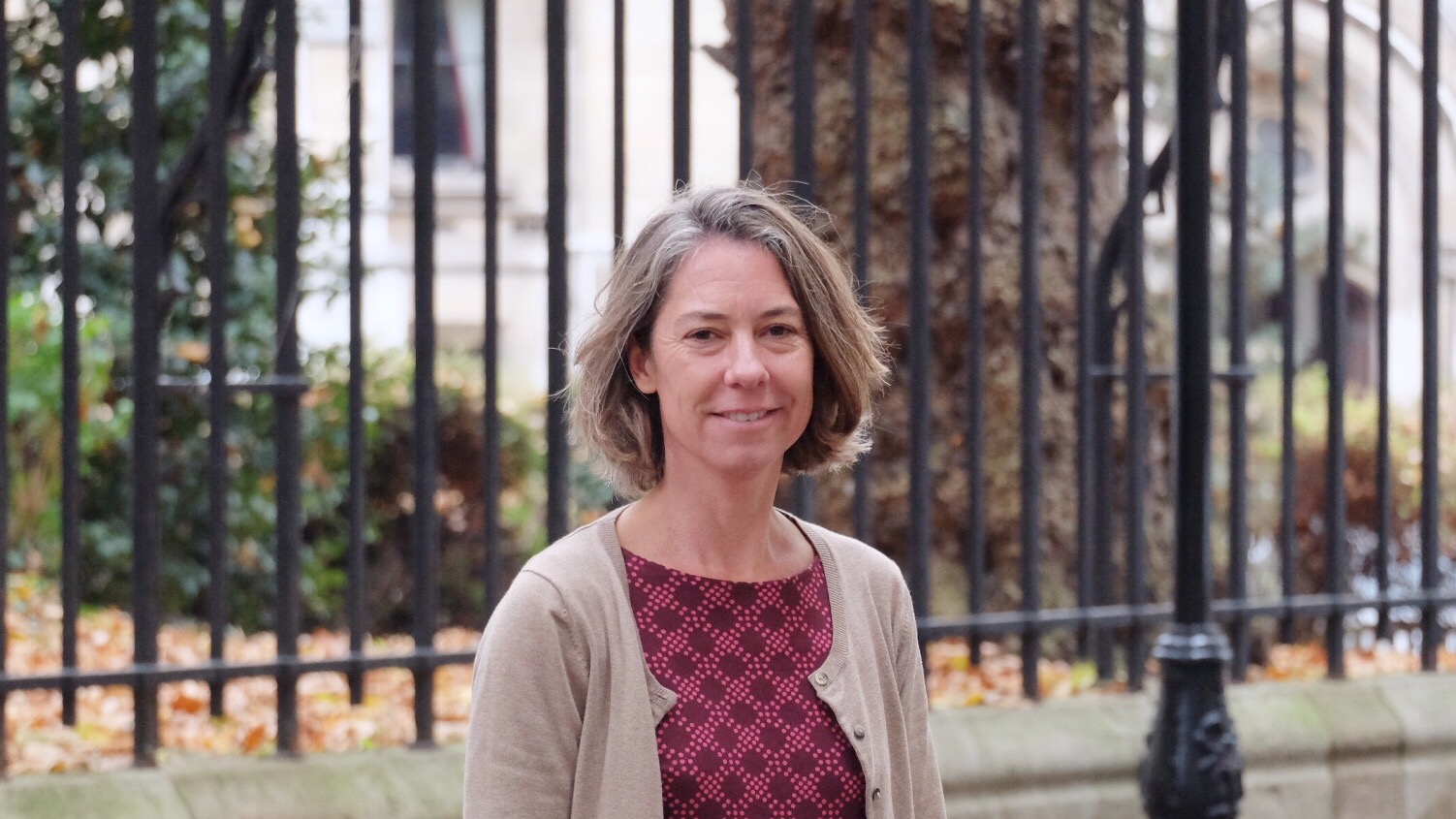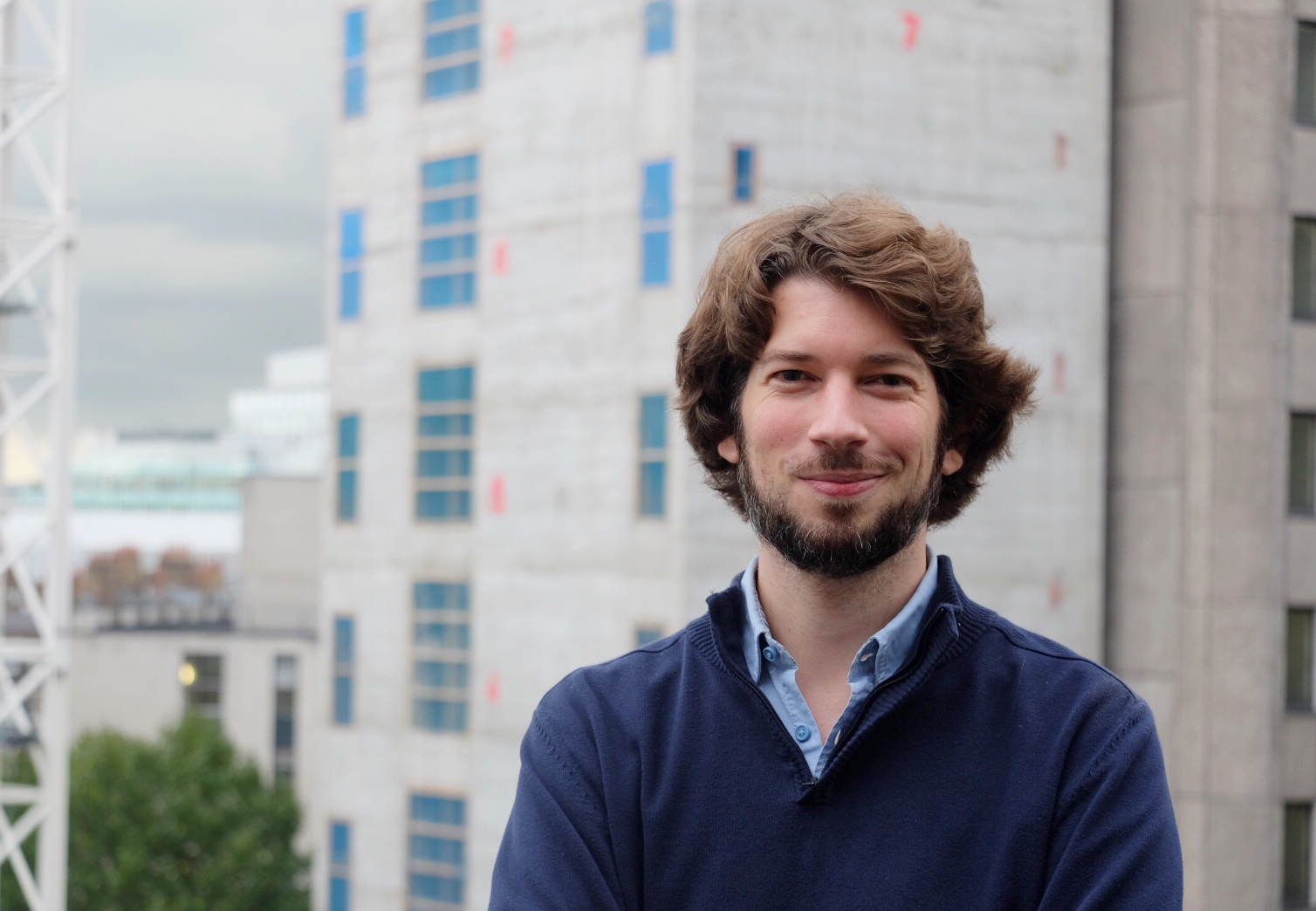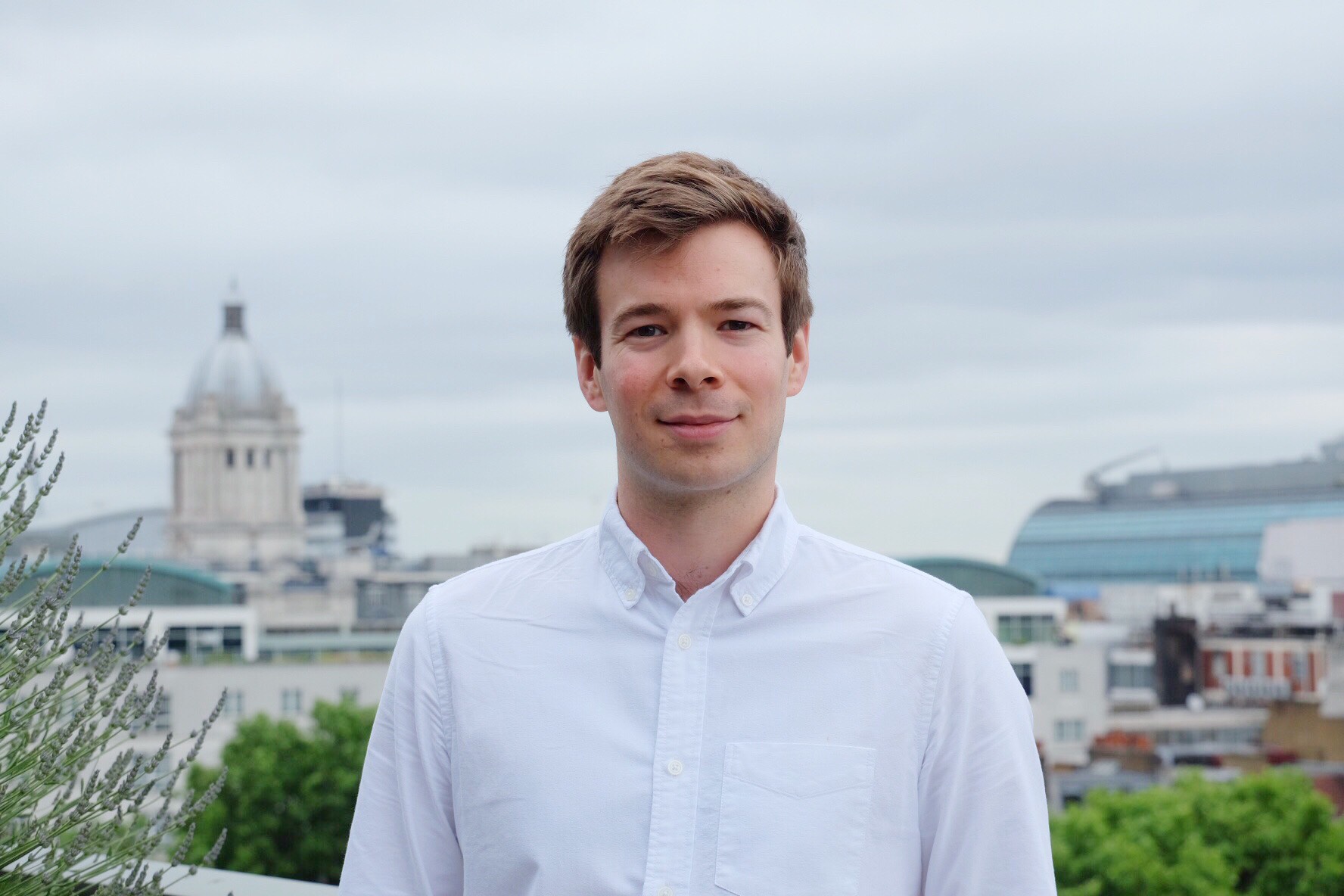
What areas of inequality does your research focus on?
I have been working on immigration and immigrant settlement for over a decade. My interest lies in the everyday experiences of migrants and their descendents, and in processes of inclusion and exclusion of both long-established ethnic minorities and more recent migrants. My most recent research looked at processes of settlement of newcomers who lacked social networks and social support when they arrived in the UK. I wanted to find out which factors were most crucial for their social, structural and cultural integration. While legal status most dominantly impacted on their settlement, with asylum seekers and undocumented migrants being by far the most disadvantaged, it was striking how socio-economic disadvantage prior to migration, and especially low cultural capital (education, language knowledge, etc.), was exacerbated when settling in the UK. For example, even within the category of asylum seekers and undocumented migrants, those with higher cultural capital fared better in regards to the social support they could mobilize, while those with very little education and language skills felt much more stuck and unable to improve their situation. But also migrants with a secure legal status face challenges, and especially those migrants arriving with high cultural capital experience considerable professional ‘deskilling’ when settling here. Many of them have to start building new careers despite having been professionally established in their country of origin. Although from an individual migrant’s perspective, their migration is often motivated by the hope to provide the next generation with a better future, we can see when looking at data of ethnic minority social mobility in Britain that inequality is often reproduced through generations. In light of ongoing processes of migration in Europe and beyond, understanding migrant settlement, including processes of social mobility of subsequent generations and continuities of exclusion and racism, are important areas for research in the social sciences.
What are you working on at the moment?
I am currently developing a project looking at new dynamics of inequality, exclusion and inclusion in light of recent immigration into urban areas with long-established ethnic minorities. In much public discourse it is assumed that new migrants settle into contexts populated by (white) national majorities. However, today, migrants often move into urban neighbourhoods which are already settled by previous migrants who have been in these areas for up to three generations. In Europe, such areas are, for example, characterized by the presence of postcolonial migrants from South Asia and the Caribbean who came to the UK after the Second World War, Turkish migrants in Germany, and Moroccan, Turkish and Surinamese migrants in the Netherlands. These post-war migrants have now been settled in Europe for three generations. Although they have experienced various degrees of upward mobility and residential dispersal, residential concentrations of these ethnic minorities in specific urban neighbourhoods continue to exist, especially in more disadvantaged areas. Such areas are frequently used as ‘arrival zones’ where newcomers find their feet.
I am interested in examining how different generations of established ethnic minorities, many of whom have been subject to racism and discrimination, react to new migrants, and how new migrants culturally, socially and socio-economically integrate in such areas. The project aims to find out what new patterns of inequality can emerge in such contexts, whether existing inequalities are reproduced in light of new immigration, and what patterns of social exclusion, discrimination, as well as solidarity emerge in light of demographic changes in such areas.
What is your favourite non-academic book, and why?
There are so many! One of the books close to my heart, which is not academic and reads like fiction, but which is based on actual life histories, is a collection of interviews put together in a book by Tony Parker called ‘The People of Providence’. Drawing on oral history interviews, it captures the lives of residents on a social housing estate in South London. The stories are not only extraordinary in their honesty and vibrancy, but also in showing the diversity of lives which come together in relatively small spaces such as urban housing estates. The book is a deeply touching portrait of urban life. Each individual story shows that there is no such thing as ‘a boring life’, and that every person has a special story to tell. The book is also a testament to the value of ethnography, to building close relations with research participants, and to the art of listening.

What areas of inequality does your research focus on?
I focus on the cognitive dimension of inequality: how we learn about inequality, and how we make sense of it.
From Julius Caesar's self-described decisive victory over the Gauls, to the superior ingenuity of David in defeating Goliath, Western culture is rife with stories of individual accomplishment. We celebrate the success of leaders in business, science and sports, and when we do, we tend to attribute the outcome of events to the achievements of (extraordinary) individuals.
In today's unequal world, how we make sense of wealth and poverty similarly depends on the way we understand the causes of events; in particular, whether we consider successes and setbacks to be the result of hard work and ingenuity (or lack thereof) or regard them as the outcome of circumstances not fully within our control. Looking at inequality through the lens of hard work and ingenuity implies a meritocratic worldview where people get what they deserve, or deservingly miss out. An alternative worldview is one that acknowledges the role of structural forces in shaping our lives.
How people make sense of inequality in turn drives their feelings of sympathy and solidarity with fellow citizens, informs their policy attitudes and motivates their voting behavior. This makes it an important area for research.
What are you working on at the moment?
I am working on a couple of projects at the same time (too many, actually!). I'll briefly describe one. This project builds on my earlier work looking at how college students learn about inequality. This time I zoom in on minority students at elite institutions. Specifically, I ask, how do African American and Hispanic students at elite US colleges understand their group's disadvantaged place in society? And how do these students' beliefs change over the college years?
I can share one set of preliminary findings: the more minority students interact with white students, I find, the more they come to think that what explains racial inequality isn't discrimination, but a lack of hard work and effort. Interestingly, for white students the impact of interacting with African American and Hispanic students seems to be quite different: the closer they get to minority students, the more they come to think that what explains racial inequality is the discrimination that these groups face (not a lack of trying!). Different groups of students may thus learn rather distinct lessons about inequality depending on their relative position, as well as their unique trajectories. White students, by interacting with their peers from diverse backgrounds, come to be more aware of the obstacles that minority students have had to overcome. Meanwhile, many of these minority students, well underway to becoming the country's elite, take their own success to mean that talent and effort can take you anywhere.
What is your favourite non-academic book, and why?
The book that probably most impacted my thinking about race and inequality is Ta-Nehisi Coates' Between the World and Me. There's a poignant quote from his book that especially resonated with me, illustrating how our experience powerfully shapes our understanding of the world: "When their own vulnerabilities become real---when the police decide that tactics intended for the ghetto should enjoy wider usage, when their armed society shoots down their own children, when nature sends hurricanes against their cities---they are shocked in a way that those of us who were born and bred to understand cause and effect can never be."
His is a quintessential sociological observation, echoing the very definition of what sociology is and ought to be about. In Max Weber's words: "Sociology is a science concerning itself with the interpretative understanding of social action and thereby with a causal explanation of its course and consequences."
I take Ta-Nehisi's (and Weber's) words as a call to arms as well as a call for research.

What areas of inequality does your research focus on?
I have an academic background in both economics and political science, so am particularly interested in research questions on inequality that bridge the two disciplines.
In the long period of reduced economic volatility prior the global financial crisis, patterns of economic growth were very different across the advanced economies. High value added services, such as finance and business services, expanded rapidly in the UK and the US, whereas the export of manufactured goods underpinned growth in Germany. Little is presently known about the role that wage inequality played in the divergent growth patterns. My current research aims to fill this gap by empirically investigating the relationship between wage inequality and economic growth at the sector level. This project also hopes to shed new light on the open question of whether income inequality helps or hinders economic growth.
The Western economies are in the midst of a period of major political upheaval, as exemplified by Brexit, Trump, and the continued rise of far-right populist parties across Europe. Politics seems more divided than at any time in recent memory. Cleavages have widened between big cities and elsewhere, between the young and old, and between the university educated and the non-university educated. I believe that long-term structural economic trends, such as technological change and deindustrialization, have contributed to the emergence of these political cleavages by increasing inequality, especially inequality between different geographical areas. My next project aims to rigorously test this hypothesis by using local-level data to estimate the effect of these structural trends on voting behaviour and political preferences.
What do you enjoy most about working in the III?
The International Inequalities Institute is a vibrant and exciting place to work. As an explicitly interdisciplinary institute, there is a real plurality of views, expertise and research methodologies in the office, which helps us all do better research and gives the place a real intellectual buzz.
Academic research can all too often feel detached from the outside world. The III makes a real effort to engage beyond academic circles. In fact, this month we have our Annual Conference, which will bring together our international network of scholars, practitioners and policymakers. We also have a fantastic set of MSc students and PhDs. Our students are from a diverse range of countries and backgrounds and many have worked in the field to try and alleviate harmful inequalities. It is a major perk of the III to get the opportunity to work with such engaged and enthusiastic students. I have no doubt many of them will go on to make important contributions to academia, campaigning, policymaking, business, and the third sector.
Where do you see yourself in 10 years?
Like many young researchers, I hope to one day be a Professor at a top tier university. In ten years’ time, I would like to be well along that journey, with a body of work that has helped advance our understanding of the political economy of inequality.
I have always admired economists who are able to bring the insights of frontier research to a wider audience such as Stiglitz, Krugman, Atkinson and Piketty. Later in my career, I would like to follow in the footsteps of these heavyweights by writing books that can be widely read and are powerful enough to change the public debate and shape government policy.